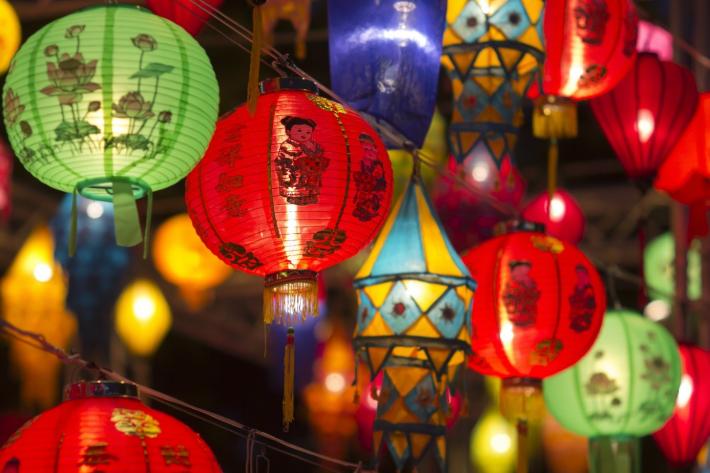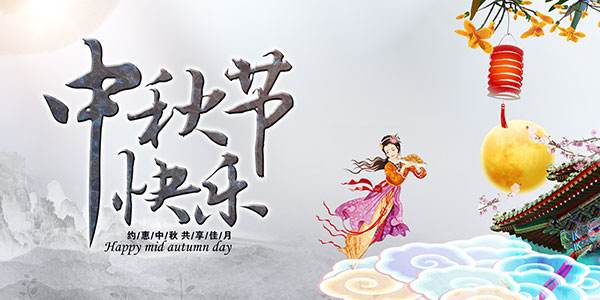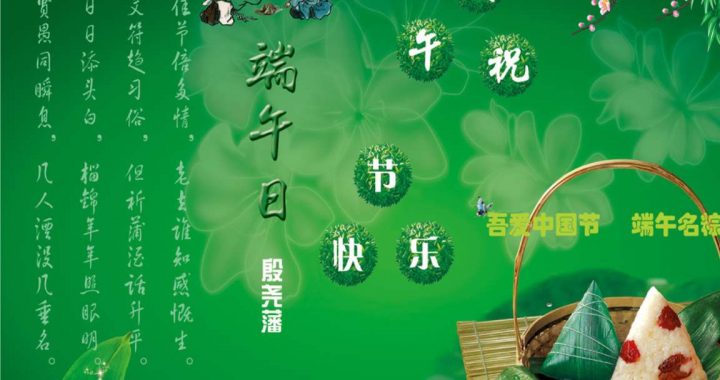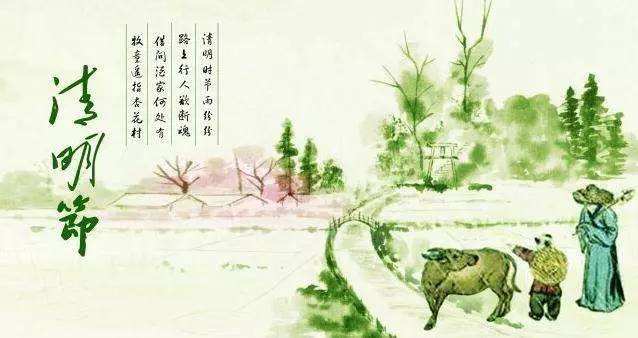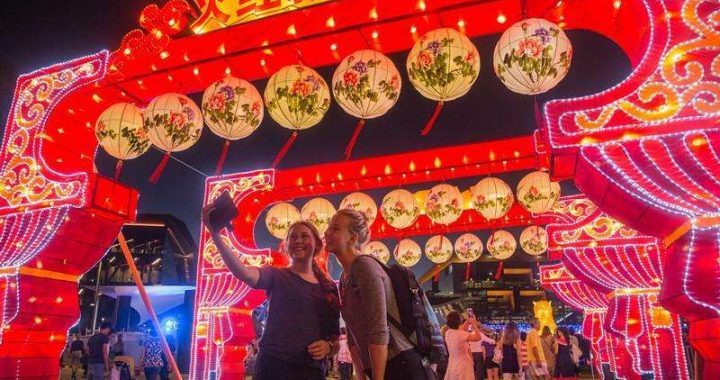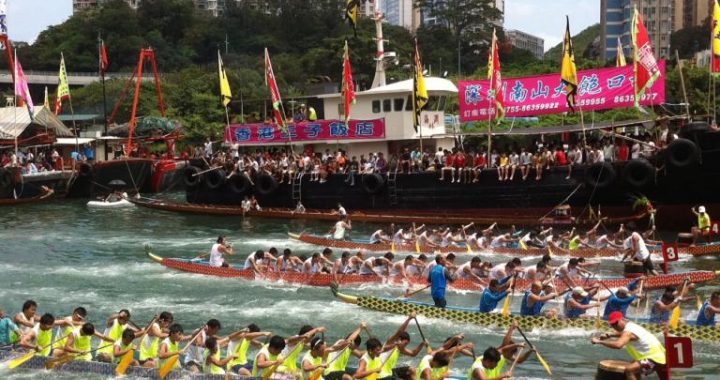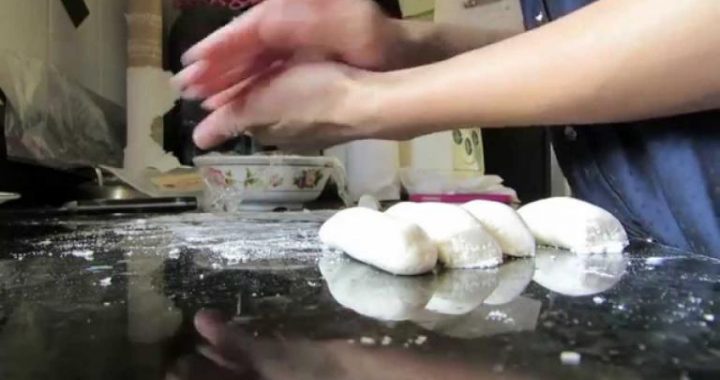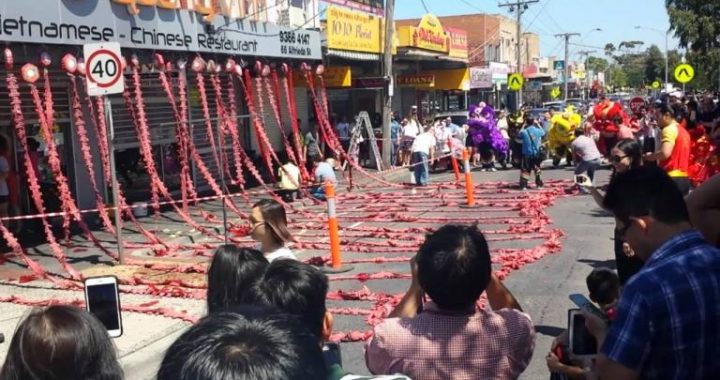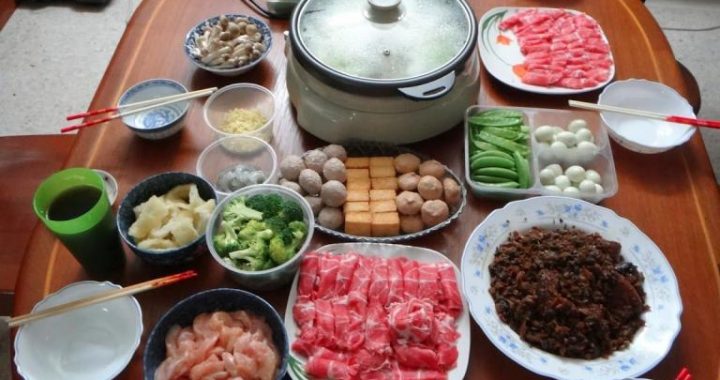The diversity of Chinese festivals
15 min readThe diversity of Chinese festivals can hardly be represented by more than 20 festivals, the complexity of them can hardly be revealed by more than 20 festivals, and the profoundness of them can hardly be thoroughly explained by more than 20 festivals. Thelimited cases and limited words only open a window for readers to observe and furtherunderstand Chinese festivals. From the description of more than 20 cases of festivals, readers can acquire a basic understanding of the ancient and complicated origins of Chinese festivals, the complex forms and contents of Chinese festivals and the significance of Chinese festivals to Chinese culture and society, so the epilogue will discuss more about the current situation, trend and problems of Chinese festivals in Chinese society undergoing rapid development and drastic transformation.
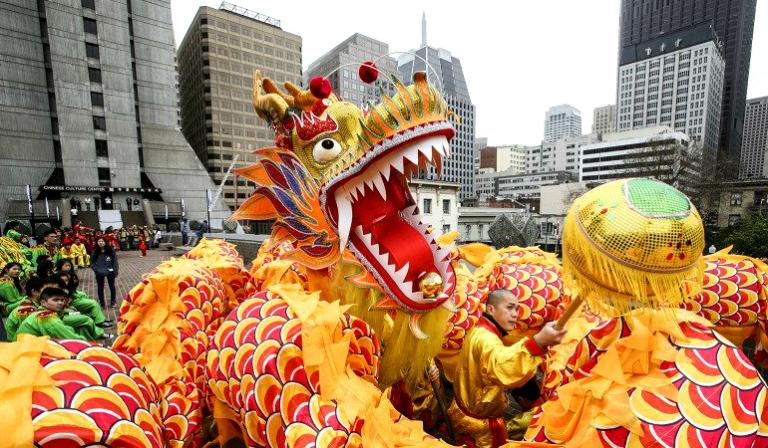
Like all folk and cultural matters,festivals can never be separated from political,economic,social and cultural influences,and always change and evolve together with them.
Meanwhile, festivals also influence political, economic, social and cultural development and change in special ways.
After the founding of the People’s Republic of China in 1949, the Communist Party of China and the people’s government carried out some fine ad justments for the traditional festival policy of the Republic of China period -for example, the Spring Festival was included into the list of festivals and holidays. At the same time, it was provided thatholidays for Chinese minority nationalities’ festivals shall be determined by the local people’s government of each national minority district in accordance with their respectiveethnic customs.18 Meanwhile, to ensure celebration of traditional festivals, especially some minority ethnic groups’ traditional festivals, in the years of relative material shortages, the government also promulgated related protective policies such as Provisions on Measures for Giving Preferential Treatment to Minority Ethnic Groups during Festivals promulgated by the Ministry of Trade in 1951. The ten-year “Cultural Revolution”(1966-1976) was undoubtedly a catastrophe for the inheritance and development of ethnic cultures includingtraditional festival cultures. Under the guidance of the goal of eliminating “old thoughts, old cultures, old customs and old habits,”many traditional festivals were deemed as illegal activities, criticized forcibly and banned. Though the Spring Festival was less criticized, it was also affected and the holiday was even cancelled. People were required to celebrate a”revolutionary Spring Festival,”ie. having no rest and sticking to “grasping revolution and promoting production”during the Spring Festival.1″In this environment,a large number of traditional festivals disappeared, and a number of traditional festivals were celebrated in great secrecy. Traditional festivals’ organizational systems and operational mechanisms were completely damaged. Meanwhile, some political and revolutionary festivals emerged as the times required. From the beginning of reform and opening up to the mid and late 1990s, with the relaxation of policies, economic development and changes in cultural cognition, folk cultural activities that declined in the Cultural Revolution revived, and many festivals of various ethnic groups and regions continued again. Though there was stilla lingering fear, they emerged and showed up tentatively again. Meanwhile, the government also focused most attention on promoting reform and opening up and developing the local economy, and did not take inheritance and development of festival culture as a special work task or formulate special policies. It mainly relied on related departments in carrying out some activities of “bringing culture, science and technology and hygienic health to the countryside”and”bringing warmth”to create a lively festival atmosphere.
In the new century, the situation of festival culture’s existence and development ignored and suppressed in the past obtained unprecedented attention and space for development. From the government and experts to ordinary people and from national strategies and mass media to people’s life, protecting, inheriting, utilizing and developing festival culture has become a consensus,a trend and an upsurge. It should be said that in the 21t century, the value of Chinese festivals was rediscovered.
At the level of the government, the Chinese government’s understanding of festivals, especially traditional festivals, is basically separated from excessive political andideological influence. On the one hand, cultural recognition of festivals as important components of Chinese culture is established, and people have a more rational and scientific understanding of their status and role in social development. On the other hand, the government has begun to promote the work of protecting festival culture continuously, urgently hoping to realize social harmony and scientific development through protection of festival culture. In the lists of three batches of national intangible cultural heritage, there are as many as 110 festivals. Many other items in the lists are closely related to festivals directly or indirectly-for example, folk legends and stories about festivals, traditional dramas, dances and music performed during festivals, utensils used in festivals, etc.
Besides,a number of work tasks for the goal of studying protection of festival culture are carried out under government guidance. The national cultural books and records project Chinese Festival Annals is a representative among them. It is a continuation of China’s tradition of compiling historical records and the first large-scale compilation of Chinese traditional festival annals. Besides, the government directly or indirectly participates in innumerable festival activities. In these work tasks, the government plays multiple roles such as the fund provider and main organizer.”Happy Chinese New Year”launched uniformly overseas in recent years has become an important brand of foreign cultural activities. The Chinese government hopes that various countries and China will celebratethe Spring Festival together, share Chinese culture and jointly build a harmonious world through this series of activities.
At the level of academic research,with the surge of cultural heritage protection,the whole society attaches importance to festival culture.Festival research has become a hot topic today.Some institutions studying festivals specially were established one after another,and interdisciplinary festival research teams were gradually formed-for example,Shandong University,Yunnan University and Southwest University for Nationalities established festival research bases,and Peking University established a Chinese festival research center.Some nongovernmental organizations relying on some experts established professional festival committees successively-for example,the National Festival Committee of the China Union of Anthropological and EthnologicalSciences and the Culture Committee of the Chinese Folk Literature and Art Society.
Scientific research projects for studying traditional festivals increased exponentially inrecent years.These projects at different levels have diverse research directions,including both comprehensive and macroscopic research of festivals and in-depth research of certain festivals;both research focusing on cultural value and significance and research focusing on social organizational systems and operational mechanisms;both integration projects in the sense of ancient cultural books and records and policy consultation pro jects.It can be said that research of Chinese festivals in recent years absorbed multiple academic resources,making festival research extensive,profound and modernized and at the same time gradually revealing the embryonic form of the festival study theory and framework.
The modern society is one in which media are everywhere.Media,especially modern media,can be seen in any field and any event.Modern media today are influencing all aspects of people’s life deeply and reshaping people’s modes of cognition and communication.People can receive information from channels such as television,radio and the Internet,and with the popularization of cameras,video recorders and mobile phones with the function of video recording and the emergence of tools such as microblogs,blogs and forums,every individual have the ability and condition to become an information generator and disseminator.This is a period when”everybody is media and all people are reporters.”Facing such special days with abundant contents and profound meanings as festivals,neither specialized institutions with the duty of news coverage and individuals in them can ignore them.Therefore,we see the scene of riotous spreading of festivals.
Festivals are inseparable from media,and media never ignore festivals.Though media such as television,radio,newspapers,periodicals and the Internet have different dissemination channels,dissemination modes and dissemination characteristics,festivals are their targets of dissemination.
The influence of media is manifested not only in that they can disseminate information on related targets,but also in that such screened and edited information after beingdisseminated has certain values and internal orientation,influences the cognition of information receivers and thus influences the path of dissemination targets’own development.Influenced by various media,festivals are unavoidably described,disseminated,reformed and reshaped in the media world.The issue of Chinese festivals and dissemination includes two aspects:dissemination of Chinese festivals and Chinese festivals in dissemination.The main manifestations are as follows.First,media surround and watch festivals.In today’s numerous Chinese festival activities,especially festival activities sponsored by the government,media are important participants.Organizers generally have an internal motivation to carry out publicity,which either comes from the natural need to showcase indigenous cultures or is driven by political interests and economic interests. Under this driving force, numerous organizers hope to let very local and indigenous festivals enter mainstream channels through media to obtain reputation and influence. On the festival site, reporters with cameras in hands and video recorders on shoulders have great power and can access any part of the site. Here, the feelings and acts of ordinary people who should be festival celebrators are ignored. On the contrary, they need to cater to media’s needs and ensure the scenes, pictures and information needed by media. Festivals are in a state of being surrounded and watched helplessly. Second, media participate in festivals. Media not only are festival information collectors and observers, but also actively participate in activities with their strong dissemination power. In festivals receiving much attention from media for long, media have become an important component. In creating a festive atmosphere, stimulating enthusiasm about participation in festivals and guiding publicity about festival activities, media play a huge role. Third, media change festivals. The deep influence of media on festivals is also reflected bychanges in festival contents and procedures. Media’s own development and increasingly deep intervention in festivals add many new contents and new forms to traditional festivals. Take sending SMS New Year messages, for example, in the Spring Festival of 2011, China Mobile users in Beijing sent nearly 770 million SMS messages on the Lunar New Year’s Eve. Beijing Unicom’s data show that a total of 143 million SMS messages were sent from 8:00 a.m. on the Lunar New Year’s Eve to 1:00 a.,m, on the Lunar New Year’s Day. If the amount of SMS messages sent by Beijing Telecom is added, the amount of SMS New Year messages sent by mobile phone users in Beijing on the Lunar New Year’s Eve is more than 1billion.
Since the beginning of reform and opening up, the core theme of taking economic development as the central task has entered Chinese people’s blood. The level of economic development and the driving force of economic interests have also profoundly influenced the inheritance and development of festival culture. In this course, with the in-depth promotion of economic restructuring and the establishment of the idea about changing the mode of development, the understanding of festival culture’s status, role and value also kept deepening from top to bottom, and the inheritance and development of Chinese traditional festivals also underwent the process of cognitive change from paying noattention at first to “developing the economy through festivals”and then to deeming festivals as productive forces. At present, the economic factor is still an important impact factor in the course of inheriting and developing Chinese festivals. The government, academia and media all have direct or indirect effect of the economic factor.
The festival economy is a comprehensive economic form that emerged from festival culture in the development and change of modern society. In festival consumption, there are not only expenditures for basic daily necessities such as articles for daily use, food and clothes, but also special expenditures for meeting the requirements of festival customs and expenditures for emotional and social acts such as Mid-autumn Festival moon cakes and Spring Festival red packets as well as more and more consumption derived from festivals such as business promotion, sightseeing, leisure and vacation, beautification and fitness, catering and entertainment.
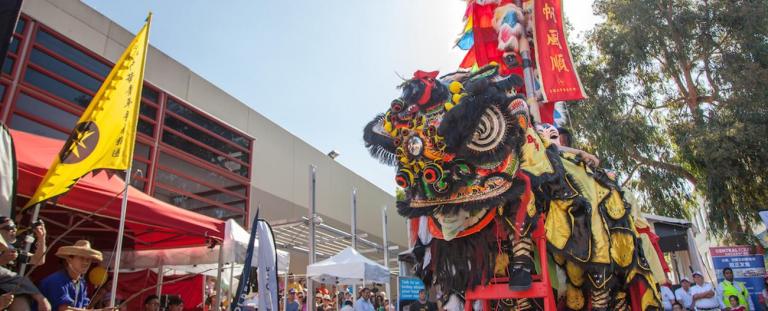
It should be said that people realized festivals’ economic value a long time ago. Under the confluence of factors such as market sensitiveness, the profit-driven nature of capital and people’s desire for economic development, people utilized and tapped festivals’economic value very actively, but in this process, simple utilization and excessive development of the festival economy also brought about problems such as lack of festivals’ cultural spirit and festivals’ excessive commercialization and shallowness. Chen Jie writes in one article in People’s Daily:”Behind China’s Cold Food Festival is the story of Jie Zitui who would rather die than be tied to fame and glory, the Double Ninth Festival reflects ancient China’s yin-yang thought, and the Tomb-sweeping Day is not only the time of heeding the dead and following up the past, but also the happy time of spring outing when ‘ new smoke from new fire arises in the morning.’ Now how many people know the culture behind these festivals?”21 criticisms of excessive packaging, extravagance and waste, invitation of guests and offering of presents during festivals often appear in newspapers.A media commentator points out,”The festival economy is a consumption surge driven by cultural ageing. Without festivals’ cultural atmosphere and people’s universal recognition of this atmosphere, the so-called festival economy will be like water without a source and trees without roots.”To produce effect on the economy, festivals need soil and inheritance, but these far-fetched festivals can hardly produce the effect of festivals and can only increasingly blur people’s concept of festivals. As a result, real festivals will also be less and less effective in boosting the economy.
The above discussions on the understanding, existence and practice of Chinese festivals at the level of the government, the level of academic research, the level of media and the level of the economy are intended to fully reflect the situation of festivals’inheritance and development in today’s society. Rediscovering festivals’ value and meaning is a common trend at all levels at present, which just reflects the state of festivals at the level of people’s life. Festivals spreading widely and having great influence such as the Spring Festival, the Tomb-sweeping Day, the Dragon Boat Festival and the Mid-autumn Festival have a high degree of recognition among people. In contrast, people’s knowledge about festivals such as the Double Second Festival, the Festival of the Dead Spirits and the Double Ninth Festival and many minority ethnic groups’ festivals is still mainly limited to the regions and groups of people celebrating these festivals. People’s understanding of festivals is obviously diversified and is increasingly shallow. The state of knowing the hows but not the whys is very common. People know little about festivals’ origins and festival customs and activities’ cultural connotations and meanings. In addition, with the influence of marketization and commercialization and the establishment of modern society’s lifestyle, festivals are gradually assimilated into ordinary holidays, and leisure and shopping play an increasingly important role. Therefore, worries and criticisms about reduction of the Mid-autumn Festival into a “moon cake festival”and reduction of festivals into dinners and parties have emerged.
Though the culture of festivals,especially traditional festivals,has many problems of inconformity in the course of modern society’s transformation,there is an extensive public opinion basis and consensus among people for protection and inheritance of festival culture.At present,people often sigh for the insipidity of festivals and the weaker and weaker festive atmosphere with regret.Though there are factors such as nostalgia and less contrast between festivals and ordinary days,it also from one aspect reflects people’s dissatisfaction about the current state of festivals and their higher expectations of festivals.Liu Tieliang points out in an article entitled Feeling the Spring Festival,”The real reason for the weaker atmosphere of the Spring Festival is……times have changed,interpersonal relationships have changed,and modes of communication have also changed.
These changes are more profound than changes in material life.”25 The festivals expected by people should bring them senses of homecoming,affection,history,dignity,revelry and practice.At last,attention needs to be paid to the issue of people’s role in festivals.The attention and emphasis given by various quarters of the society to festival culture undoubtedly have created a very good environment for inheriting festival culture,but under the intervention of the government,academic,media and economic forces,people who should be festival celebrators do not have such status in these large-scale and numerous festivals and celebrations.Government officials,experts,businessmen and journalists become honored guests,and ordinary people become spectators or performers.Festival contents that should be a part of people’s life become targets of people surrounding,watching and enjoying them and even seeking novelty from them.The state of joint celebration by officials,businessmen,scholars and ordinary people has not been reached generally.Therefore,activities organized in the name of festivals are inconsistent with the festivals in people’s life in time and content and people talk about the distinction between “the government’s festivals”and”our festivals.”
To sum up,Chinese festivals exist in Chinese society in multiple dimensions as festivals of cultural soft power,festivals of cultural carriers,festivals of resource development and festivals of people’s lifestyles.Such existence in multiple dimensions is the real state of Chinese festivals at present.
Briefly,there are four features:(1)All people pay attention and have high expectations.
People at different levels pay attention to festival culture from diverse perspectives,have different feelings and thoughts,engage in different acts and practices,and convey different appeals and wishes,including political pursuit,economic pursuit,cultural pursuit,physical pursuit,pursuit of folk traditions and pursuit of individual spirit,especiallyemotional needs such as reunion,entertainment and revelry.(2)The government and capital exert great strengths to promote local development through festivals.In festival activities sponsored by the government and capital,held in the name of”traditional festivals”and hyped by media,the degree of social recognition and the degree of people’s participation are not satisfactory.The powerful role played by the government and commercial capital have not only changed traditional festivals’original customs,but also more profoundly changed the organizational system and fundraising mode they rely on.(3)In the inheritance and development of today’s festival culture,the internal value of festival spirit and cultural connotations increasingly declines,e.g.the sanctity of some temple fairs that originated from folk beliefs gradually weakens,so some festivals’function of promoting acquaintance and marriage between men and women through antiphonal singing and entertainment is no longer needed.In contrast,festivals’external value is excessivelydisplayed,e.g.the role played by festivals in boosting consumption and satisfying the desire of mouth is emphasized.(4)Differences between urban and rural areas,between the old and young,between men and women and between occupations lead to different needs.
Such diversity is reflected not only in the contents of needs,but also in different requirements on methods,means,carriers and forms of satisfaction of needs.
“Water Splashing Festival”celebrated in Xishuangbanna, Yunan every day to develop tourism(Taken by Wang Xuewen)
However, it is indisputable that the inheritance and development of China’s festival culture is in the best period and the most critical period. The Chinese government and people increasingly deepen their understanding of festivals value in life, more and more people call for festivals’ return to people, life and culture, and related practical measures are also launched continuously. The government’s role in festival culture protection andinheritance is also shifting from taking the lead in doing everything itself and making large-scale arrangements to providing guidance and services to organize festivals for people and revitalize festivals for culture. Festival culture’s inheritance and development are also developing in the direction of integrity, comprehensiveness and multidimensionality. Meanwhile, people have realized the problems facing festivals in modern society. Modernization, urbanization and globalization have brought Chinese society into a new epoch and let people lead a life in which tradition and modernity aremixed. Under this situation, festivals also must face the problem of modern adaptation and transformation. People are either actively or passively looking for and activating festival culture, especially the element of conformity between traditional festival culture and modern society by encouraging combination between traditional festival culture and modern technologies such as anime games and network communication, promoting inclusion of traditional festival culture into the school education system, etc.
In the final analysis, Chinese festivals are Chinese people’s culture of coordinating communication between people and gods, between people and ancestors, between people and nature, between different people and between people and society. Their existence adds thick and heavy colors to the world that the Chinese people live in, and contributes to the cultural picture of the harmony and diversity of the big world. They are so splendid and important. Thanks to festivals, the Chinese people’s life was colorful in the past, is colorful at present, and will also be colorful in the future!
